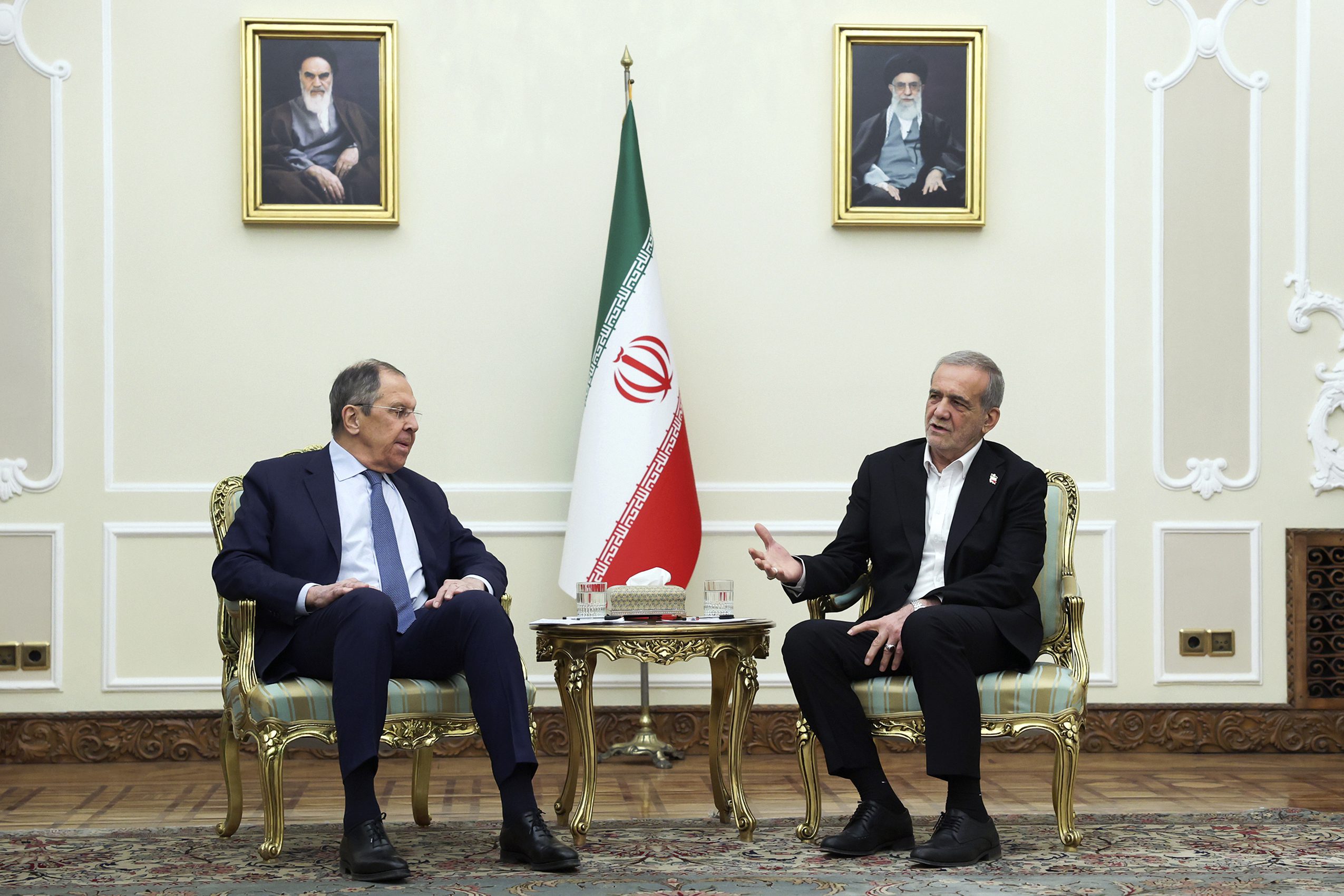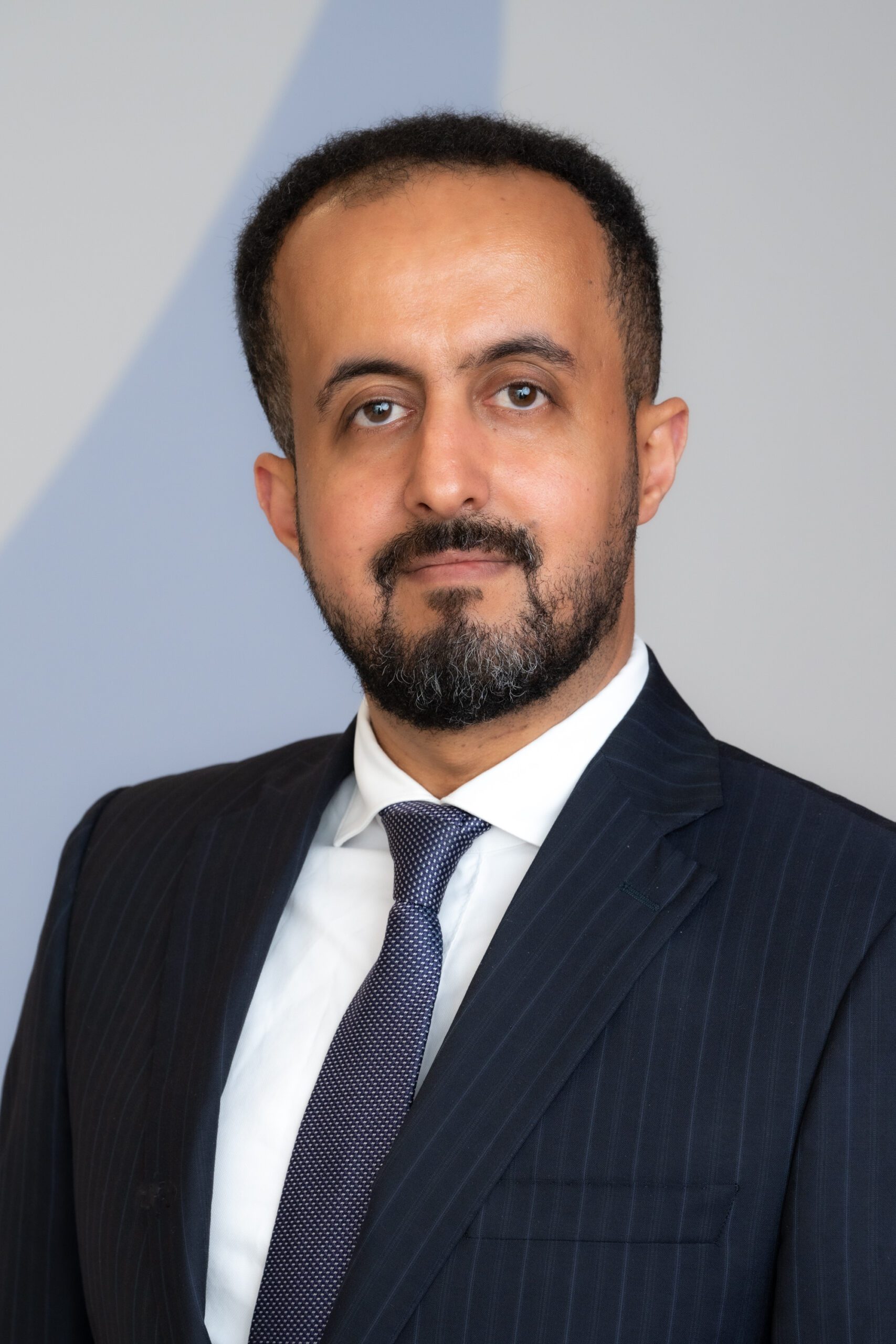Security
Jun 2, 2025
A Path to a Stronger United States in the Gulf
AGSI offers pragmatic, targeted policy recommendations for the Trump administration to maximize U.S. political and economic influence with the crucial emerging regional powers in the Gulf.

May 16, 2025
Key Role of Gulf States in India-Pakistan Mediation
Vigorous diplomatic efforts by Gulf stakeholders, particularly Saudi Arabia, helped put an end to an escalating military confrontation between the two South Asian neighbors.
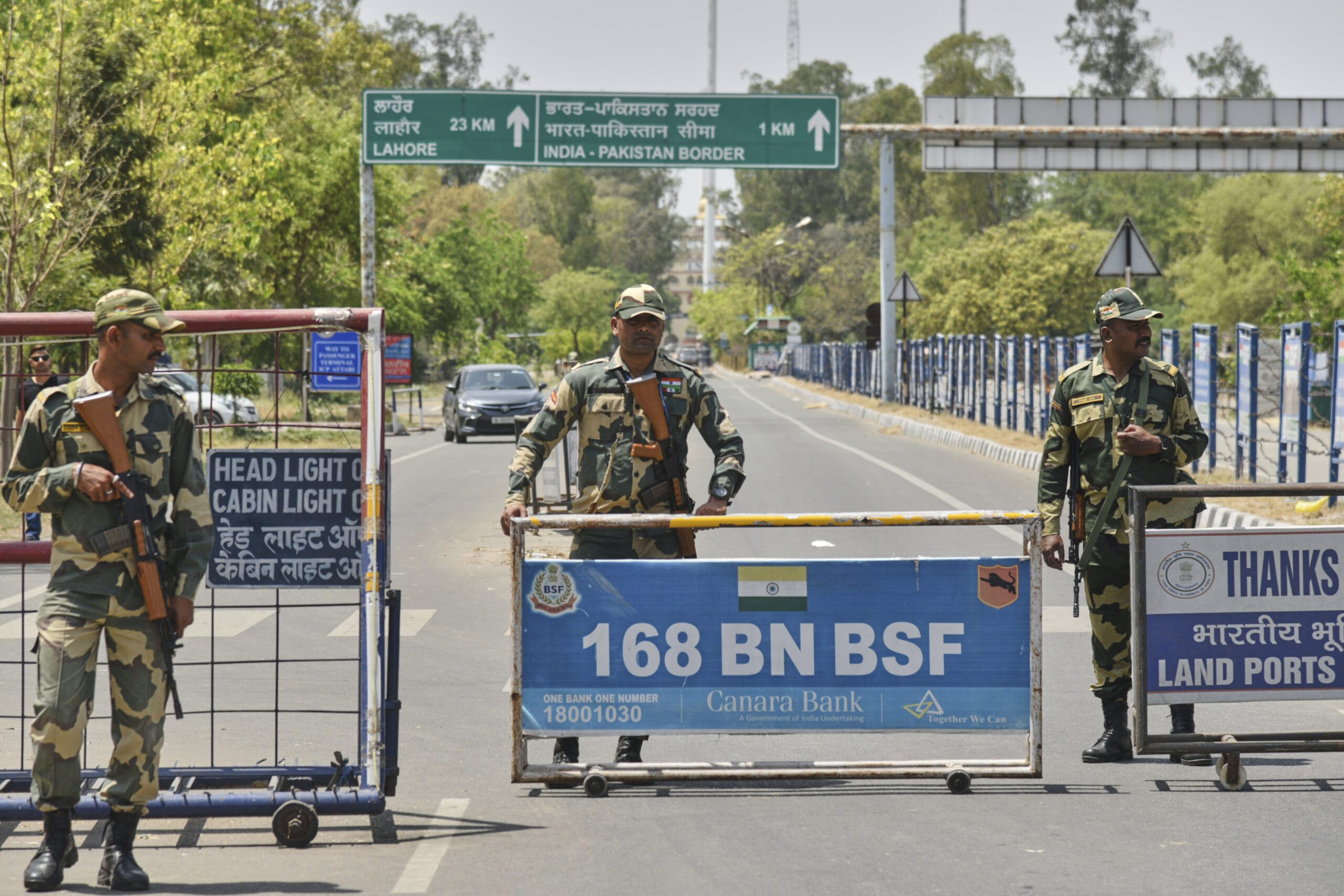
May 16, 2025
Assessing the U.S. Military Response to the Houthis: Implications for Yemen and Red Sea Security
On May 20, AGSI hosted a discussion on the United States' policy toward the Houthis.
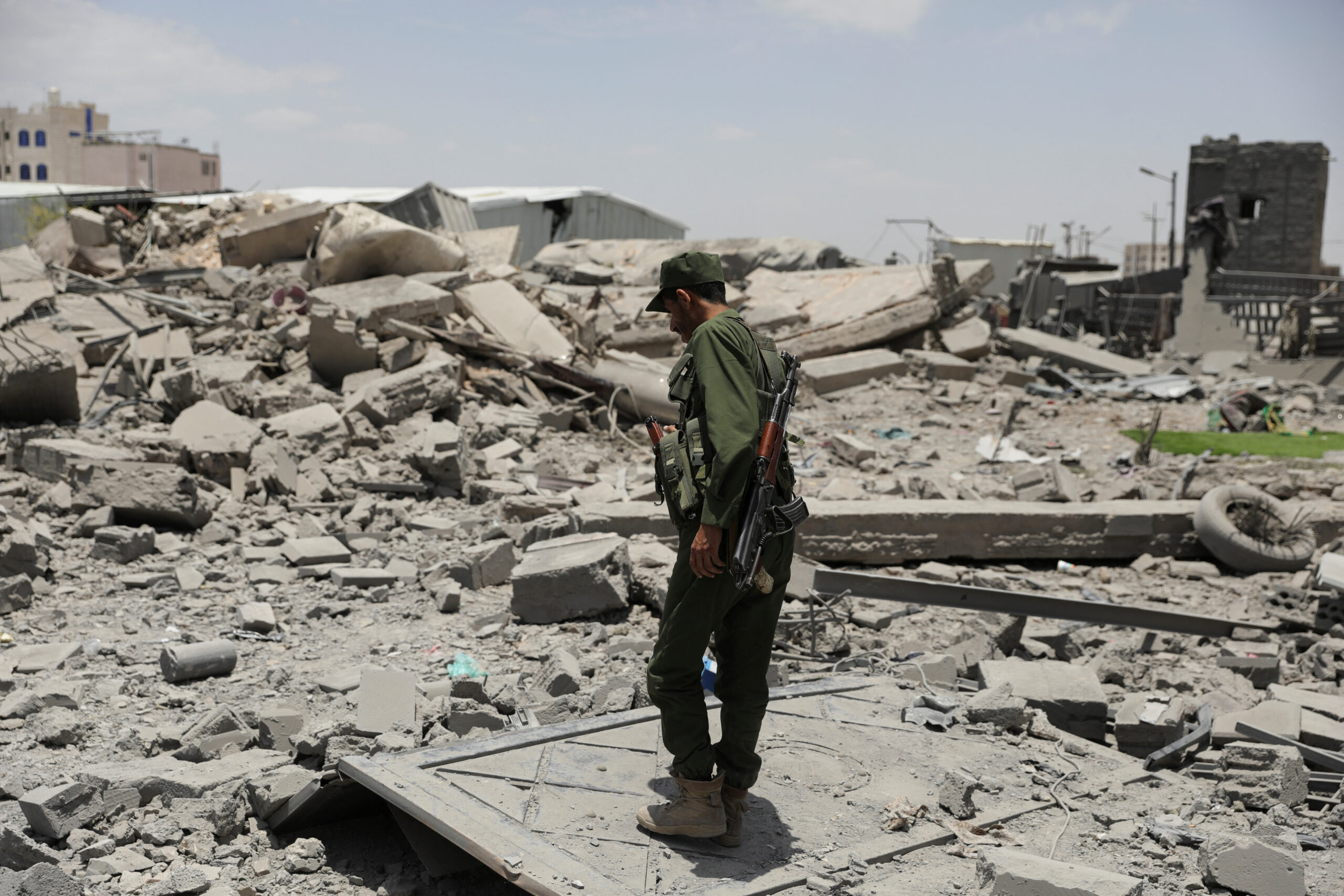
May 14, 2025
The Yemen Deal
Both the United States and the Houthis needed a deal for different reasons. But the deal won’t create any sort of lasting or sustainable framework for peace in the Red Sea.
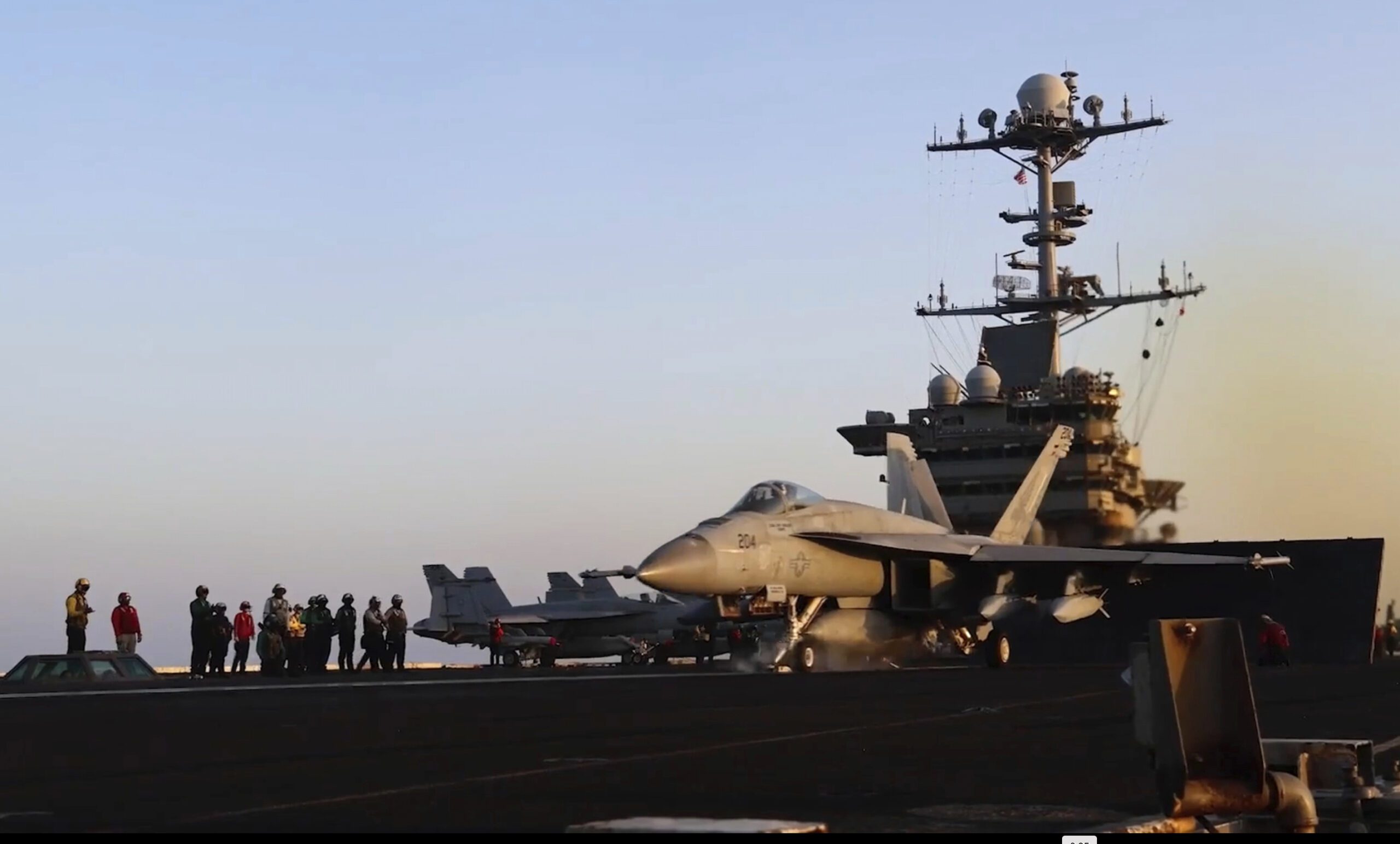
May 7, 2025
See Something? Say Nothing: The Houthis’ Criminalization of Truth
The Houthis’ “Midri” campaign isn’t just about silencing Yemenis, it’s about blinding the outside world.
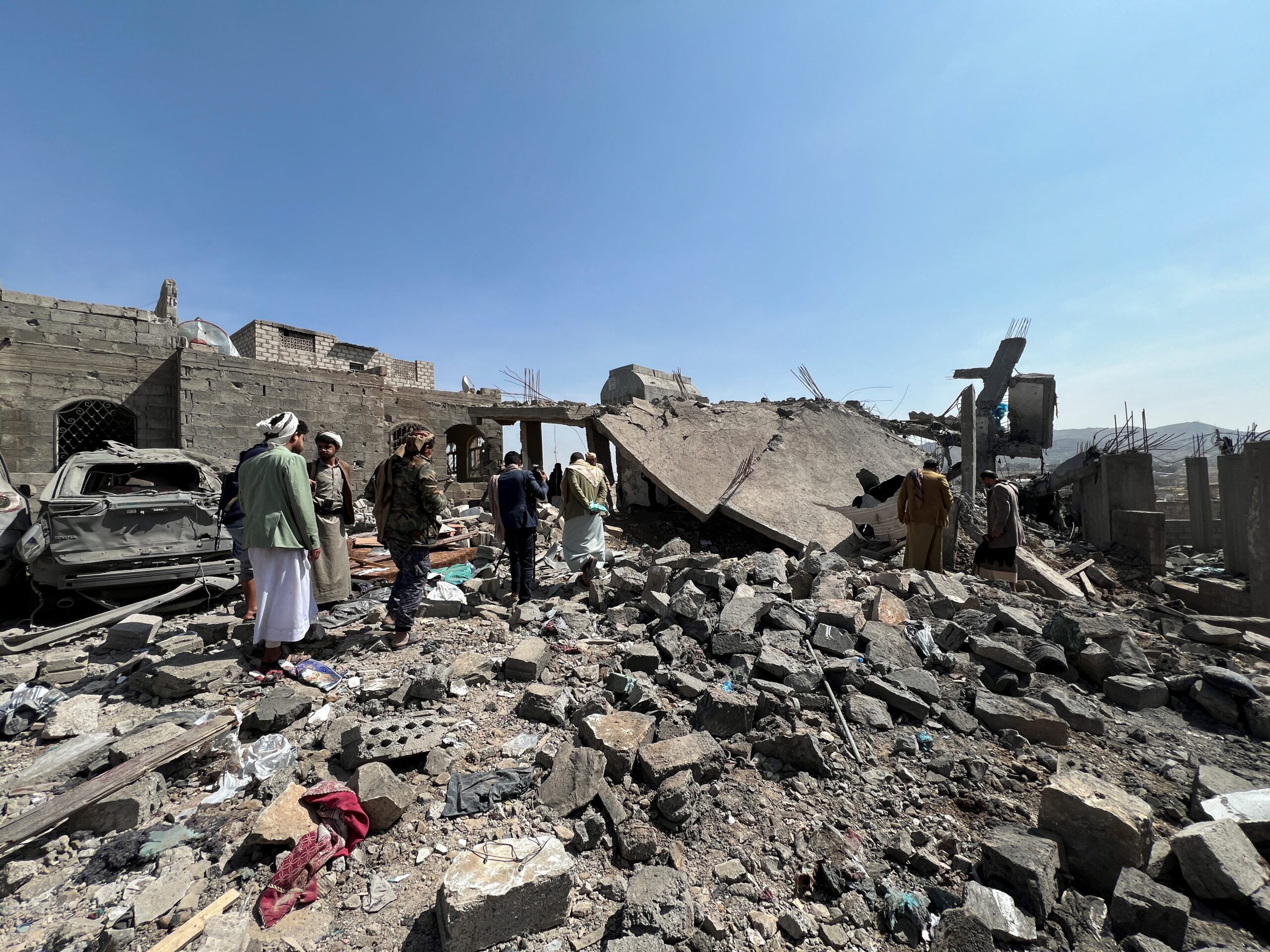
Apr 1, 2025
Gulf Mediation in the Ukraine Crisis
The role of Gulf Arab states in Russia-Ukraine mediation reflects their rising global influence and the benefits of hedging and balancing in foreign policy.
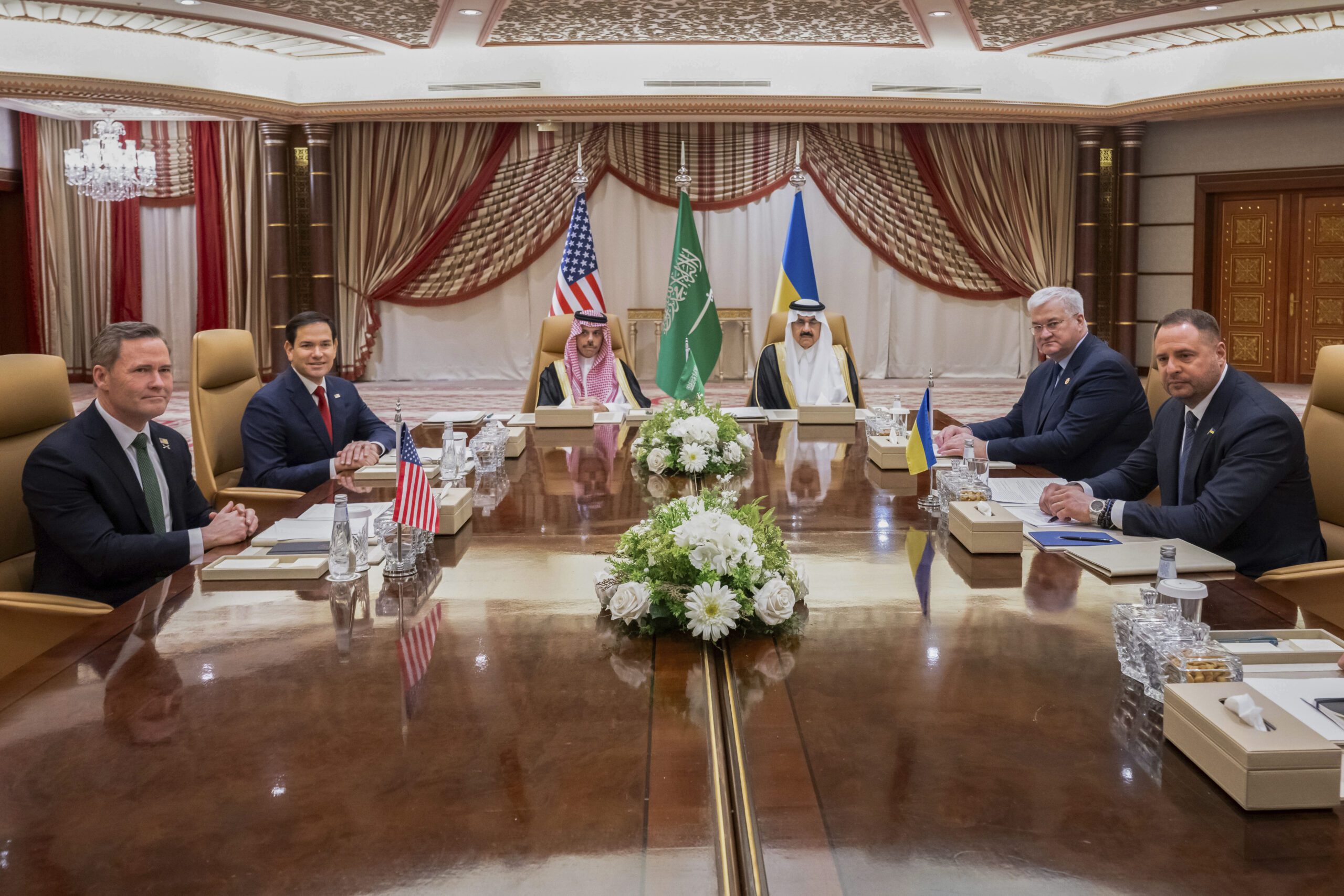
Mar 26, 2025
Betting Big in Yemen
For the Houthis, this is an existential fight. But the United States has a harder path to success.
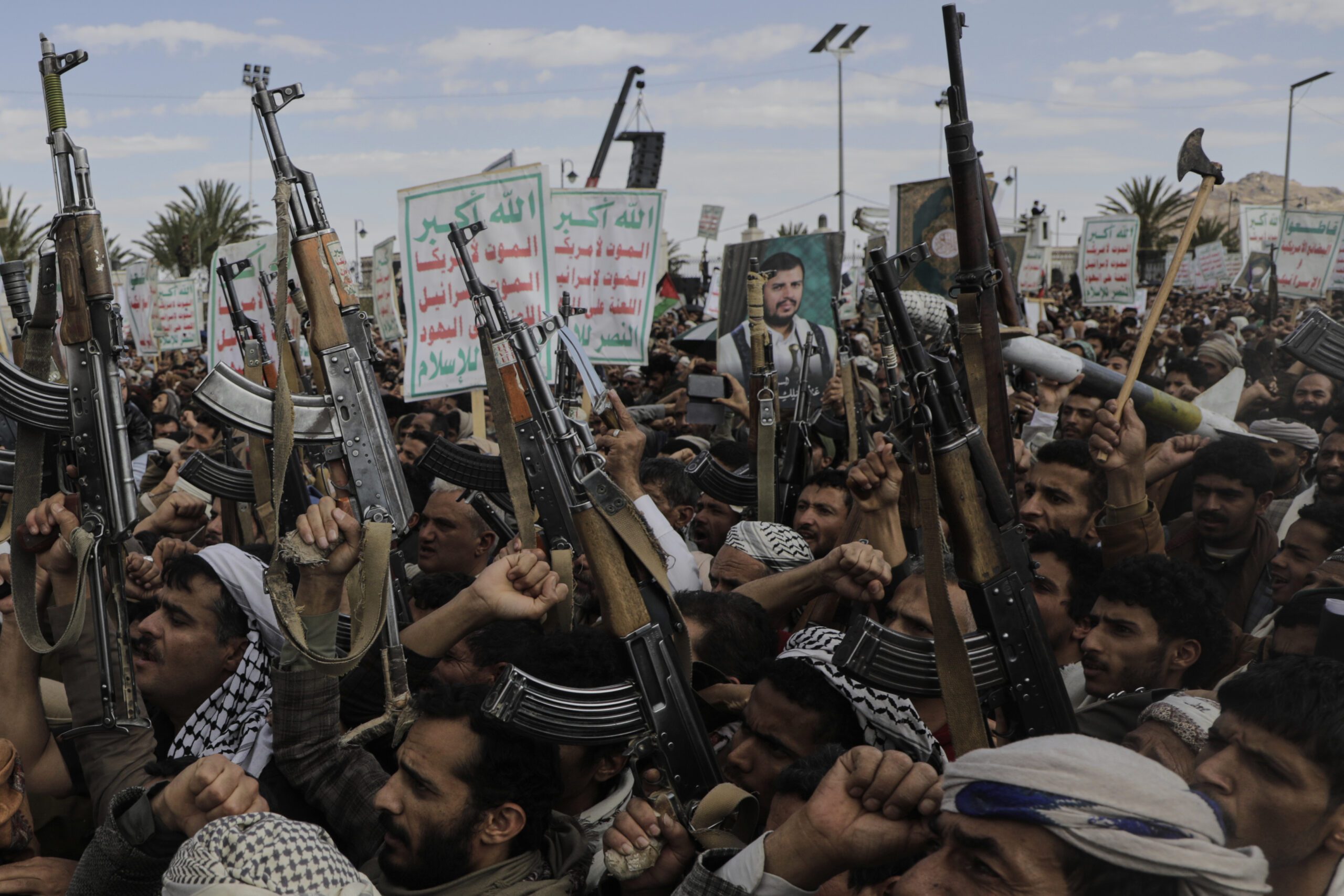
Mar 25, 2025
How Russia’s Middle East Strategy Threatens Gulf Security
Even if the Ukraine war comes to an end, the implications of Russia’s partnerships with Iran and the Houthis will last, and the consequences will be felt, first and foremost, in the Gulf.
